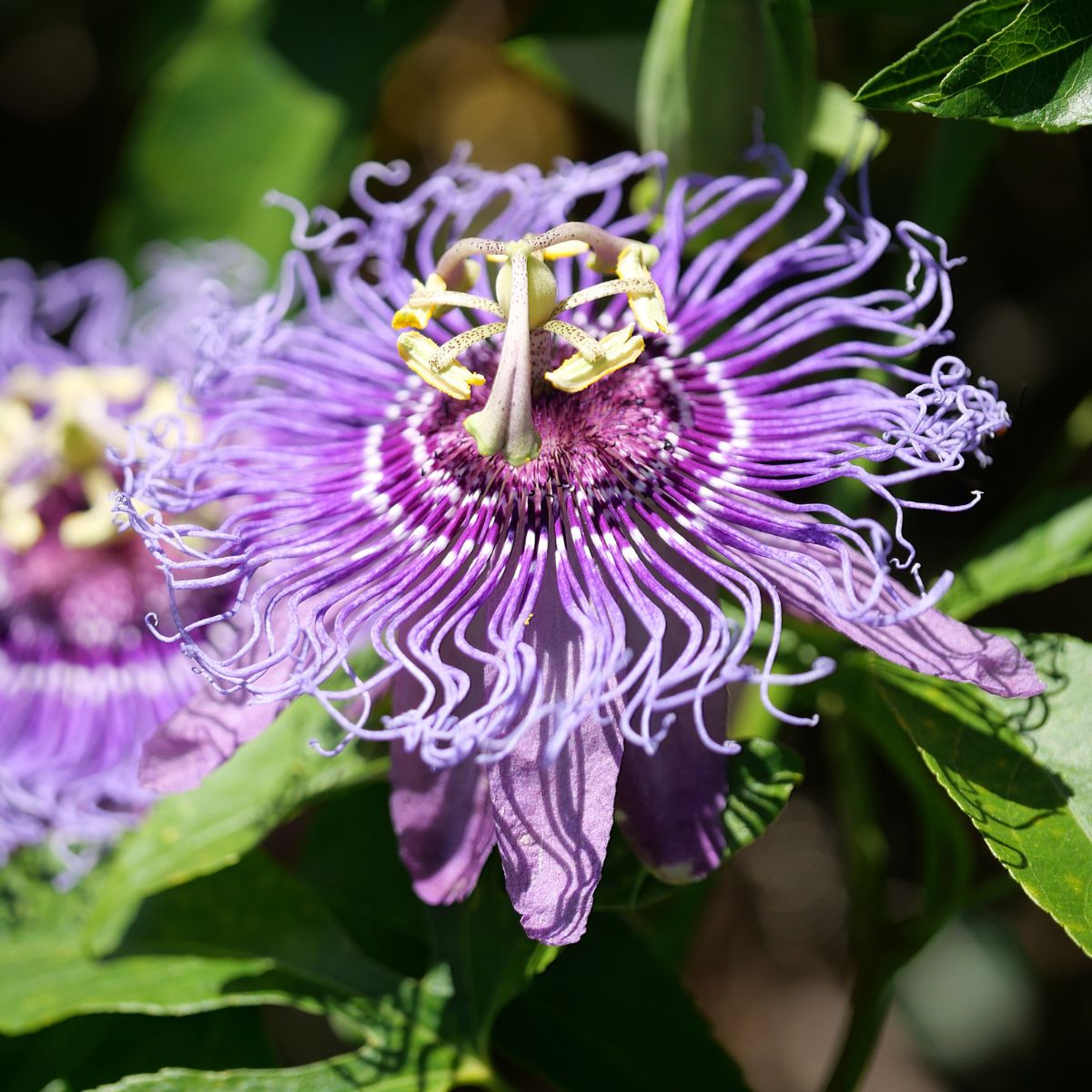

10% OFF Your First Order
Free USPS Ground Shipping on $49+ (Excl AK, HI)
Customizable Subscription Options!
90-Day Money-Back Guarantee
$6 Flat Rate USPS Ground Shipping

COMMON NAME
Passionflowers or passion vines
FAMILY NAME
Passifloraceae
ACTIONS
Passionflower is an antispasmodic, sedative, hypnotic, hypotensive, vasodilator, cardiotonic, bitter, diuretic, anti-depressant, nervine relaxant, anxiolytic, and analgesic.

I was looking for something 1 year postpartum that was natural to help with anxiety, stress, irritability, and overall emotional wellbeing due being a mom and juggling two littles. This has helped tremendously, I use when symptoms arise and follow instructions as directed. Great product, thank you!

This has been so beneficial and feels that this actually works. My daughter is 5 and was struggling, but with the help of these drops she was able to start focusing.Published date04/29/25

Omg I can’t believe it!! It helps me and my husband sleep so deep and peaceful! And it smells so delicious! It helps us sleep so deep that we have dreams now every night. And we don’t wake up until the morning or our alarm wakes us up and we feel well rested. Also it’s fast acting for us. I love this remedy!
Your cart is currently empty.
Not sure where to start?
Try these collections:
